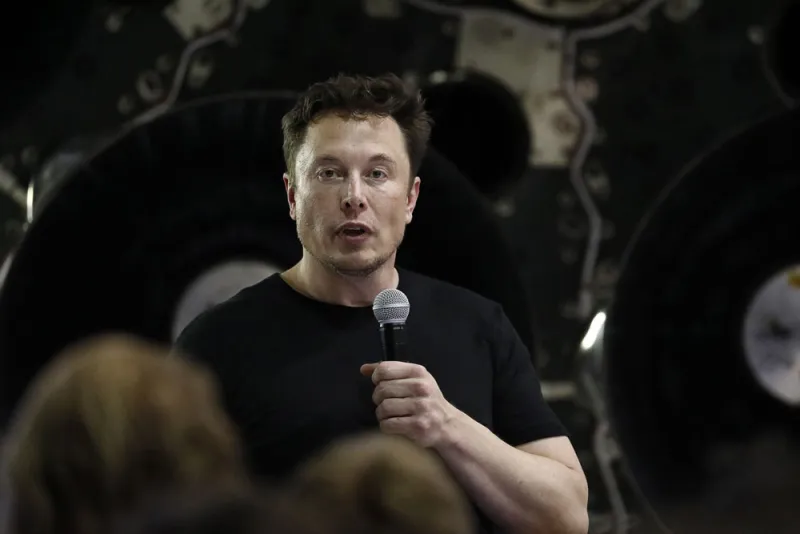The Securities and Exchange Commission has sued Tesla’s chief executive officer Elon Musk, charging him with securities fraud over false and misleading statements that he made last month over Twitter.
Musk tweeted August 7 that he was considering taking Tesla private at $420 a share and that he had “funding secured” for a potential deal. The SEC alleged in a complaint filed Thursday with the U.S. District Court for the Southern District of New York that the CEO and co-founder of the electric car maker had not even discussed “key deal terms” with any potential funding source.
“Taking care to provide truthful and accurate information is among a CEO’s most critical obligations,” Stephanie Avakian, co-director of the SEC’s enforcement division, said in a statement Thursday evening. “That standard applies with equal force when the communications are made via social media or another non-traditional form.”
Musk’s tweets caused Tesla’s stock price to rise more than 6 percent on August 7 and led to “significant market disruption,” according to the SEC. The regulator is seeking to bar Musk from serving as an officer or director of a public company, alleging that he has violated antifraud provisions of federal securities laws. The SEC is also seeking civil penalties.
“This unjustified action by the SEC leaves me deeply saddened and disappointed,” Musk said in an emailed statement. “I have always taken action in the best interests of truth, transparency and investors. Integrity is the most important value in my life and the facts will show I never compromised this in any way.”
[II Deep Dive: Elon Musk Versus the Haters]
Tesla’s shares, which closed Thursday at $307.52, tumbled in after-hours trading on news of the lawsuit. Shortly after 5 p.m. the stock was down more than 10 percent at about $275.
Short sellers have bet billions of dollars against the car maker, which has struggled with the production of the Model 3 and cash burn. Musk has at times taunted them, sending David Einhorn, president of hedge fund firm Greenlight Capital, a box of “short shorts” in August. Other high-profile hedge fund managers who are short Tesla include Jim Chanos, the founder of Kynikos Associates.
Musk, who believes he has been unfairly targeted by short sellers, has made predictions that those betting against Tesla would be “burned,” the SEC said in its complaint.
For example, he tweeted in May, “Oh and uh short burn of the century comin soon. Flamethrowers should arrive just in time.” In a June tweet, he wrote that short sellers “have about three weeks before their short position explodes.”
A deal taking Tesla private would have been detrimental to short sellers, who stand to profit from a decline in the company’s shares. After Musk's tweet, investors immediately began questioning whether Musk truly had secured funding.
According to Musk, representatives from a sovereign investment fund had expressed a desire to take the car marker private during a meeting at Tesla’s factory in Fremont, California at the end of July, the SEC said. The meeting lasted about 30 minutes to 45 minutes, with Tesla’s CFO joining it about midway, according to the complaint.
While Musk assumed the sovereign fund was proposing a “standard” going-private transaction valuing the company’s shares at a 20 percent premium, such terms were never discussed, the SEC alleged.
Musk calculated that a 20 percent premium over Tesla’s closing share price would be $419, the SEC said. He then rounded the figure to $420 because he had recently learned of the number's significance in marijuana culture and thought his girlfriend “would find it funny,” according to the complaint.
Musk, 47, founded Tesla in 2003 and has since served as chairman of the company’s board. He became CEO in 2008.







